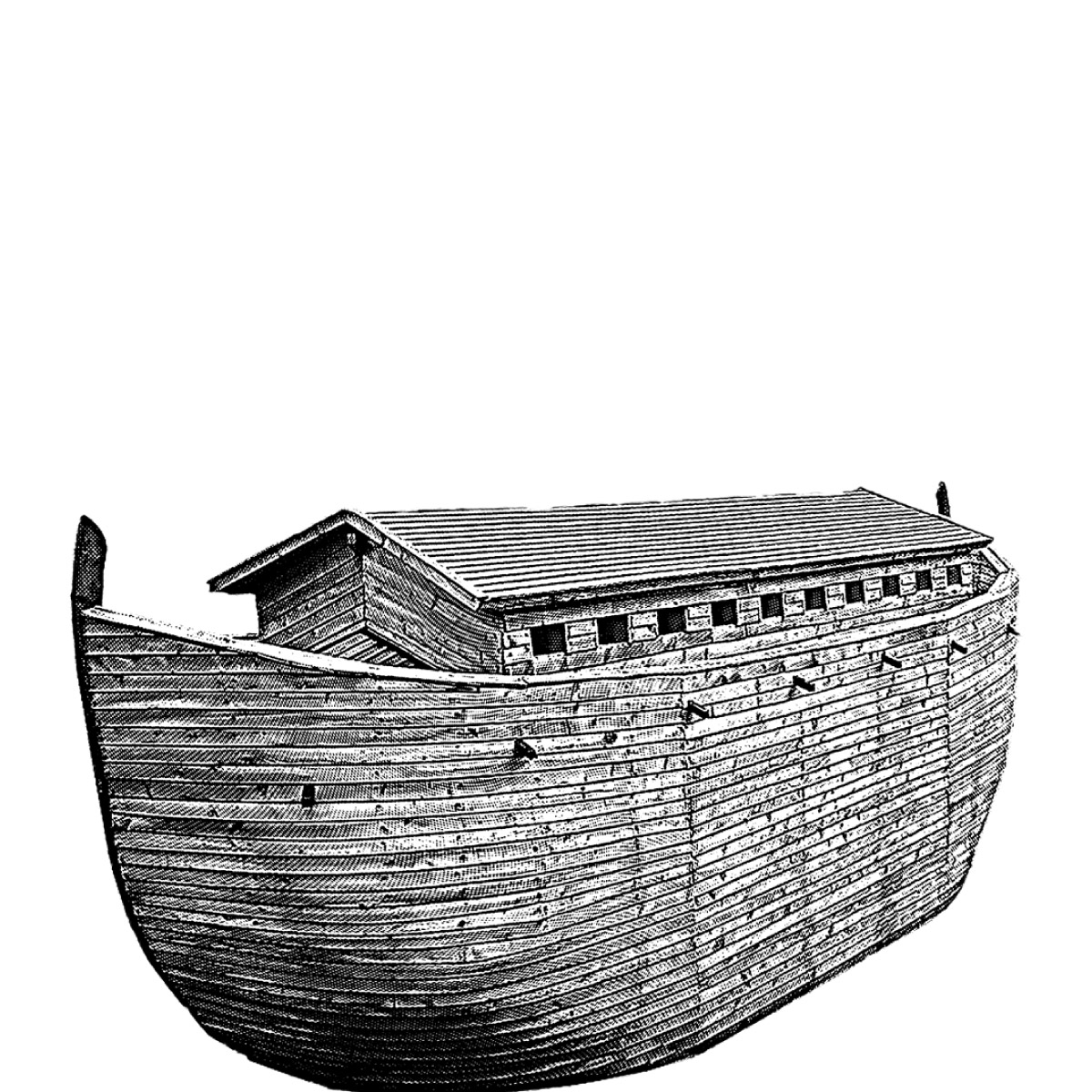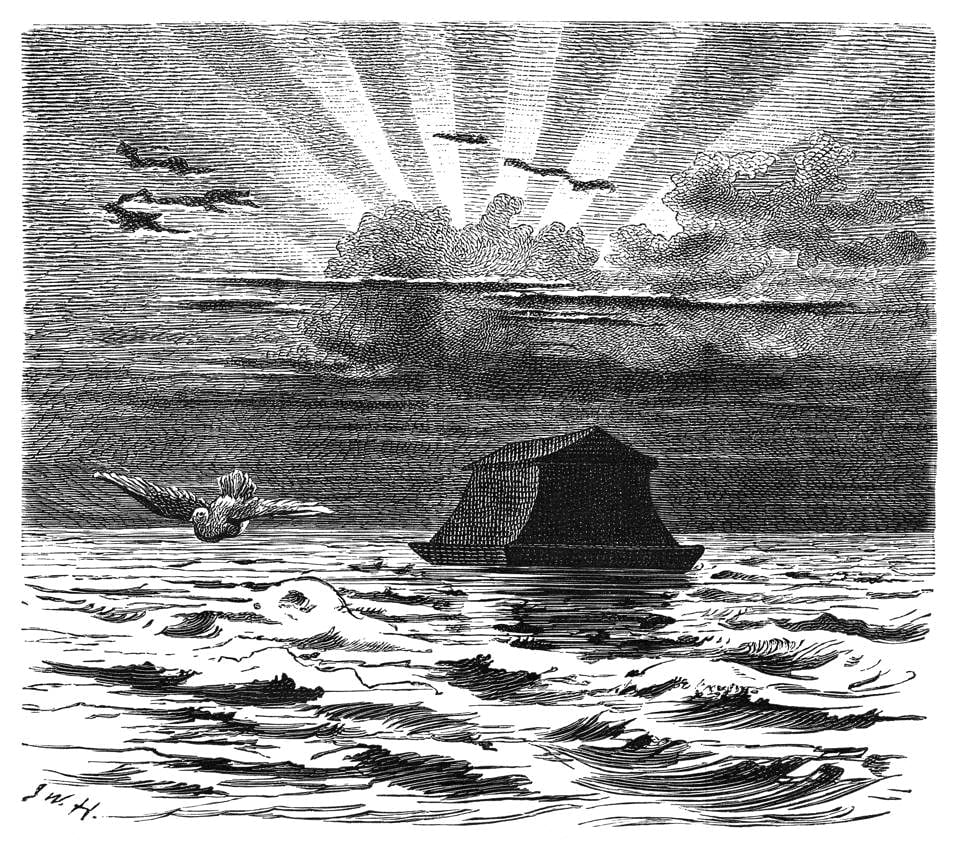The Great Flood

Did the Great Flood in the Bible really cover the whole earth?
No, probably not. There is significant scientific evidence that contradicts the idea of a global flood that occurred sometime within the past 4,000–6,000 years.[1]
But isn't there geological evidence for a global flood?
Not really. Some argue that certain geological features of the Grand Canyon point to a global flood,[2] but scientific consensus does not support this interpretation.[3]
Doesn't the Bible say the flood covered the "whole earth"?
Yes. Genesis 7:19 says that "all the high hills, that were under the whole heaven, were covered" with water during the flood,[4] and Genesis 8:9 specifically says "the waters were on the face of the whole earth."[5]
The Hebrew text of the Bible uses the word "all, every" (kōl)[6] to describe the details of the event (e.g., "all the animals," and "all the earth," etc.).[7]
Why would the Bible say that the "whole earth" was flooded if it probably wasn't?
It might be that the use of the phrase "whole earth" in Genesis meant something different than what it means to us today.[8] It seems the ancient Israelites didn't know that the earth was a globe, instead picturing something like a flat disc sitting on water and holding up a domed, vaulted sky.[9]
Haven't modern prophets and apostles taught that the flood was global?
Yes. Both early and modern Church leaders have described the Flood as global or universal.[10]

Haven't modern prophets and apostles taught that the flood was the earth's baptism?
Yes. This idea was first taught by Latter-day Saints as early as 1832[11] and has been continuously taught by Church leaders.[12] It has also been repeated in literature written by Latter-day Saint scholars and scriptural commentators.[13] However, some Latter-day Saint writers disagree with this idea.[14]
Is it possible that the entire Earth could have been technically covered by water at one point, just not in a complete flood?
Possibly. John A. Widtsoe[BIO] taught this when he said "all parts of the earth were under water at the same time" and that there could have been "a terrific, long-continued downpour, such as is described in Genesis. The depth of the layer of water is of no consequence."[15]
Does the Church still teach that it was a global flood?
Yes, sort of. The Church gives the traditional story of the flood in its curriculum and publications, but they usually focus on the gospel principles to pull from the story, not the specifics of how it may have happened.[16] The most recent article on a literal global flood was published in 1998 in the Ensign.[17]
Have general authorities ever weighed in on the importance of a global versus local Flood?
Joseph Fielding Smith said in the 1950s that there needed to be a global flood for the earth to be baptized,[18] but no recent general authorities have weighed in on this matter.
Is believing in a global flood a requirement to be an "orthodox" member of the Church?
No. Many faithful Latter-day Saint scholars have written about reconciling the apparent problem with the global flood.[19]
- Max A.
“Love the post but it might also be important to add some information on how the story of Noah might be a re-packaging of older flood myths like the Epic of Gilgamesh.” - Merlin G.
“The story of Noah and the flood is metaphorical. Noah preaches the gospel to the surrounding neighborhood. The boat represents the gospel, those that get on the boat (accept the gospel) shall be saved. Those that reject the gospel (don't get on the boat) will die. Simple.” - Ryan
“The authors of the biblical accounts wrote what they believed to be true. They were right about some things and wrong about others. We believe things that ancient and modern revelation agree on. Personally, I believe there was a local flood affecting the known world of the writer” - Stephanie
“Doesn't matter. It's not a saving principle. You can believe the flood covered the whole earth and be saved. You can believe the flood did not cover the whole earth and be saved. You can believe the Earth is flat or round. Doesn't matter. Faith in Jesus. That's what matters.” - B. Craig
“It's amusing when people try to twist science into an ancient story. The Gospel principles taught by the Flood are vastly more important than its supposed historicity.”



 about this topic
about this topic